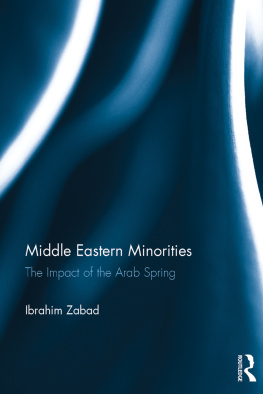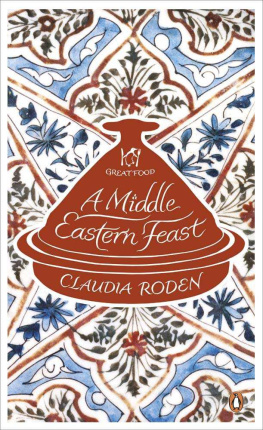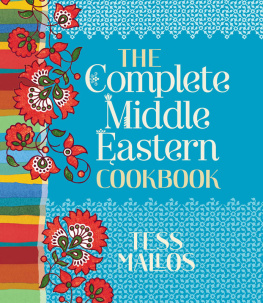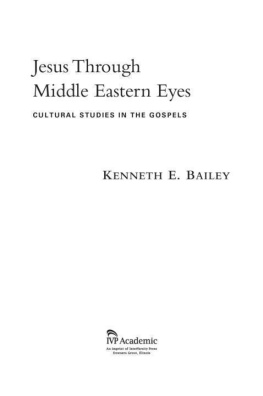Middle Eastern Belongings
This book features chapters that examine the various ways of belonging in the Middle East. Belonging can mean fitting in, feeling at home, feeling a part; this kind of belonging is profoundly social. Belongings can be possessions, objects closely associated with ones deepest notions of identity. Both kinds of belongings pertain to people and the kindreds, ethnic groups, and nations (and/or states) they call their own. Belongings of both kinds are, more often than not, emplaced and territorialized.
All of the chapters treat Middle Eastern collectivities as sites of anguished cultural projects. All use metaphor: national territory as woman, national resolve as cactus, and so on. None is reductionistic; belonging is rendered in its complexity, with its agonies as well as its joys. All could be identified with a growing genre of work on belonging. At the heart of each are the bonds that comprise belonging. Each one conveys both belongings messiness and its joys, and touches as much as it argues and elaborates.
This book (excluding was originally an article in an earlier issue of the same journal.
Diane E. King is a cultural anthropologist interested in identities ranging from the gendered to the national and trans-national. Her main field site is the Kurdistan Region of Iraq, where she has worked since 1995. She is an assistant professor in the Department of Anthropology at the University of Kentucky, Lexington, USA.
Middle Eastern Belongings
Edited by Diane E. King
First published 2010
by Routledge
2 Park Square, Milton Park, Abingdon, Oxon, OX14 4RN
Simultaneously published in the USA and Canada
by Routledge
270 Madison Avenue, New York, NY 10016
Routledge is an imprint of the Taylor & Francis Group, an informa business
2010 Taylor & Francis
All rights reserved. No part of this book may be reprinted or reproduced or utilised in any form or by any electronic, mechanical, or other means, now known or hereafter invented, including photocopying and recording, or in any information storage or retrieval system, without permission in writing from the publishers.
British Library Cataloguing in Publication Data
A catalogue record for this book is available from the British Library
ISBN10: 0-415-55026-2
ISBN13: 978-0-415-55026-0
Nasser Abufarhas interests include landscape, conflict, resistance, fair trade, sustainability, and international development. He is author of The Making of a Human Bomb: An Ethnography of Palestinian Resistance. He is the founder and chair of the Palestine Fair Trade Association, based in Jenin, Palestine. He has a doctorate in anthropology from the University of Wisconsin, Madison.
Gabriele vom Bruck received her Ph.D. from the London School of Economics and Political Science (L.S.E.) and is currently senior lecturer in anthropology at the School of Oriental and African Studies, London. She also taught at the L.S.E. and the University of Edinburgh. Her interests include religion and politics, kinship, memory and gender. She is the author of Islam, Memory, and Morality in Yemen: Ruling Families in Transition (2005) and The Anthropology of Names and Naming (with Barbara Bodenhorn, 2006).
Virginia R. Dominguez is Gutgsell Professor of Anthropology at the University of Illinois at Urbana-Champaign and President-Elect of the American Anthropological Association. Born in Cuba and schooled in multiple countries, she works on cultural politics, sociolegal institutions, and constructions of sameness and difference across several regions of the world. She has taught at Duke University, the Hebrew University of Jerusalem, the University of California at Santa Cruz, the University of Iowa, and Eotvos Lorand University in Budapest.
Samar Kanafani lives and works in Beirut as a social researcher and video artist. She has an MA in cultural anthropology from the American University of Beirut. Her videos include Mounzer, on Palestinian exile, masculinity and the injured male body; Street-play, about children negotiating play-spaces in a congested Beirut neighborhood; and A Day from Home, on belonging through the allegory of pregnancy. Her research interests include migration, nationalism, gender and representation.
Diane E. King is a cultural anthropologist interested in identities ranging from the gendered to the national and transnational. Her main field site is the Kurdistan Region of Iraq, where she has worked since 1995. She received her Ph.D. in anthropology from Washington State University and is an assistant professor in the Department of Anthropology at the University of Kentucky. Previously she taught at the American University of Beirut, Washington State University, and Dohuk University.
Sarah S. Persinger received her Masters degree in Middle Eastern Studies from the American University of Beirut. Her thesis work explored issues of war and gender in Iraq under the regime of Saddam Hussein, and stemmed from numerous trips she made to Iraq in 2003 as a journalist. Her interests include war, gender ideologies and national identity in the Middle East.
On the Margins: Women, National Boundaries, and Conflict in Saddams Iraq
Sarah S. Persinger
This chapter explores how the former Iraqi regime of Saddam Hussein manipulated gender constructs in its nationalist and political discourses to maintain its authoritarian power in an environment of external and domestic conflict. It charts a relationship between war and the sexual objectification of Iraqi women, who came to be objectified as symbols of the nation and social markers of its boundaries in regime propaganda during the Iran-Iraq war (19801988). A sexualized political discourse that conflated external threats to territory with sexual threats to Iraqi women was used by the regime to unite the nation with a potent sense of belonging and galvanize it to battle. This sex/threat paradigm was in turn played out on womens bodies as the regime began controlling their sexuality as a means of patrolling the symbolic borders of the nation, imagined as an endogamous space with Saddam as the head of the national family. Following the Gulf War and the revolt of minority groups against the regime, I look at how the regime sought to re-establish control over its restive population following the 1991 Gulf War by advocating a strict code of morality, accompanied by overtures to Islam and tribalism. Women viewed to have breached the national moral order were targeted for violence by the regime, which in encouraging violence toward women sought to deflect internal violence and tension away from itself.
Leaving Mother-Land: The Anti-Feminine inFidaiNarratives
Samar Kanafani
This chapter analyzes the way retired Palestinian fighters in Lebanon narrate their years of combat with the Palestinian Resistance Movement. I argue that these narratives exhibit a shunning of feminine spatial and symbolic spheres, which serves to bolster a discursive mutual dependency between nationalism and hegemonic masculinity. Drawing on the veterans departure stories, in which they depict their transition from camp homes to military encampments and their removal from the civilian spheres of non-combat and domesticity, I frame this shunning within notions of transformation from boyhood to manhood. I understand this shunning as symptomatic of an official nationalist discourse characterized by a blind spot over womens histories and desires and of a reluctance to register womens challenges to prevailing gender constructs. Finally, I read these anti-feminine narratives as mechanisms of resistance to a refugee condition that bears emasculating connotations and to emergent non-soldierly notions of masculinity.













